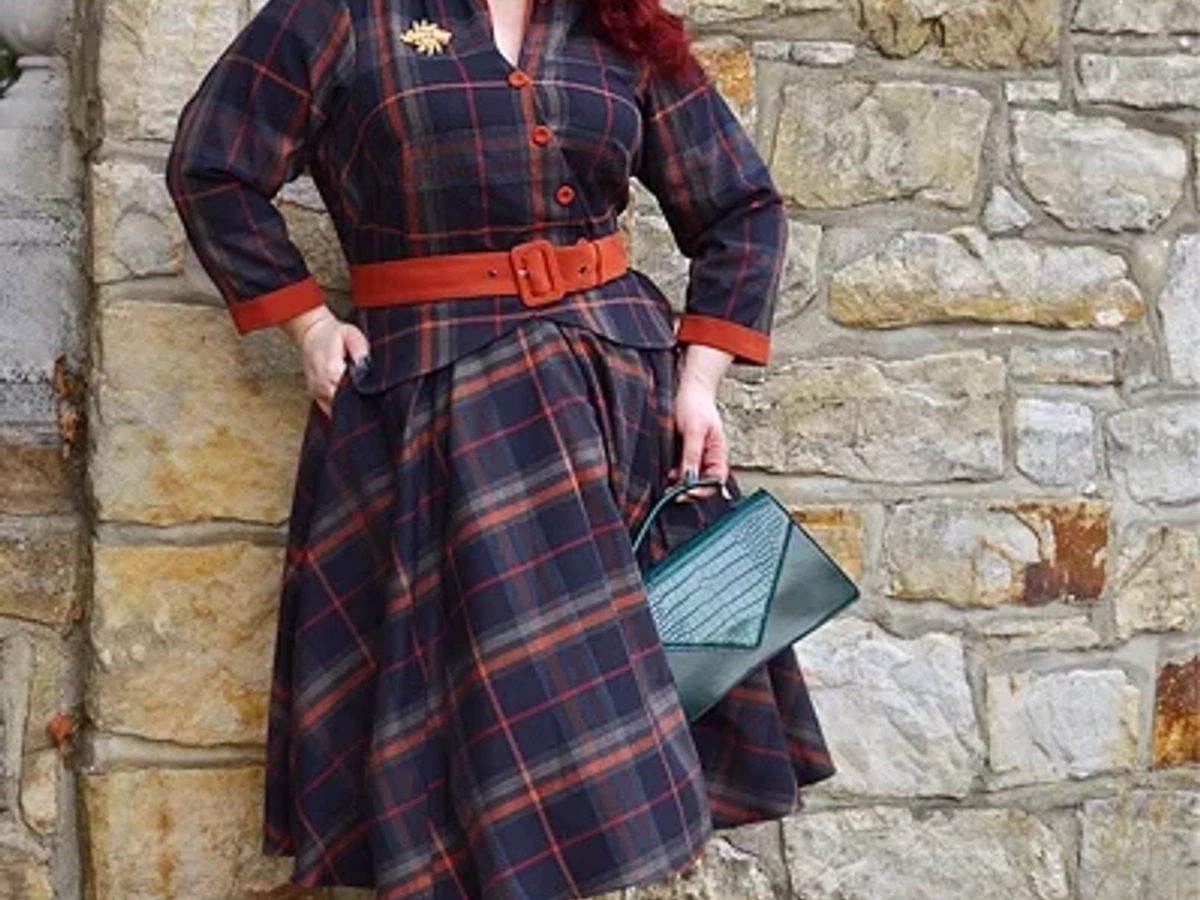Banned products are designed by hand in London, and the collections are manufactured in the Far East. They claim that all of their workplace facilities in the UK and Asia are safe, fair, and comply with national regulations. The employees work reasonable hours and receive fair pay and holidays. They claim that employee welfare is of utmost priority to the company, ensuring high levels of health and safety are consistently maintained.
Banned products are made with faux fur, cotton, lyocell, and other synthetic materials.
The use of synthetic materials often requires energy-intensive manufacturing processes and is derived from non-renewable resources like petroleum. Additionally, faux fur and certain other synthetic fibres can release microplastics into the environment during washing, contributing to pollution and harming aquatic ecosystems.
They claim to use fully and partially recycled materials and partially recycled polyurethane.
Their environmental initiatives include establishing plans at all production sites to advance the Clean Energy Industry, operating a zero-carbon power station since September 2021 at their bag and wallet manufacturing cities, using renewable energy in footwear and garment production, and consistently setting and monitoring goals to improve environmental performance.
Extending their eco-friendly approach to product packaging, Banned ensures that all their hangtags and packing boxes are recyclable. The packaging for their footwear is also made from recyclable materials. Looking ahead, the brand is committed to reducing packaging waste and transitioning to 100% recyclable options soon.
Banned states on its website that it is devoted to managing waste generated from its business operations and products according to the principles of reduce, reuse, and recycle; its low score is due to a lack of clear evidence supporting these claims.
None of their excess or rejected products end up in landfills; they are part of donations and resale campaigns.
Banned has a relatively long-distance supply chain due to production being in the Far East.
The brand does not disclose the exact locations where their garments are produced or sourced from; hence, the chain length is unknown. Because of this, the COSH! Brand Index cannot rate the supply chain of Banned.
They also do not mention their transportation methods, which can significantly affect their footprint regardless of the chain length.
Banned firmly believes it is not acceptable for animals to suffer in the name of fashion.
All their products are vegan-friendly and cruelty-free and made with faux fur, cotton, lyocell, and other artificial materials.
This vintage-inspired rockabilly brand embodies slow fashion by celebrating timeless style over trends. Their collections, reminiscent of the classic rockabilly era, focus on durability and quality. They promote sustainable fashion by encouraging a wardrobe of fewer but well-made and iconic pieces.
Banned also abstains from sales, seasonal collections or overproduction.
The brand provides some transparency regarding their production locations and processes, as well as materiality. However, we would love to see more details about their production partners and their ethical nature, material sourcing, transportation, etc.
Conclusion
Pin-Up, Rockabilly or classy? Banned has it all! And this London-based brand is also very affordable! Discover their extensive collection of styles with COSH!








